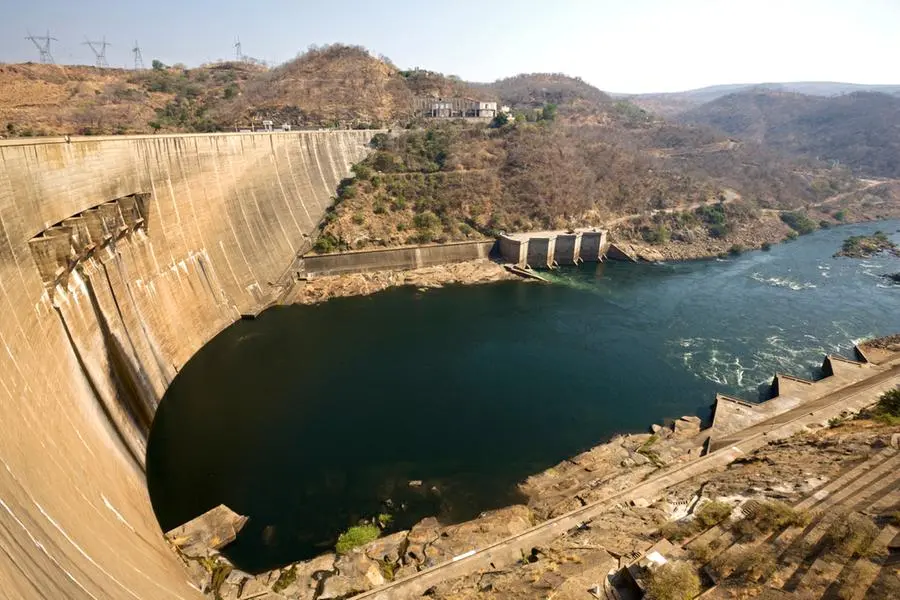By : Lloyd Mahachi
Zambia’s climate-induced energy crisis has brought the country to its knees. Tindor Sikunyongana’s welding business is on the brink of collapse due to the crippling electricity shortage caused by a severe drought. Forced to rely on costly diesel generators, Sikunyongana lamented, “Only God knows when this crisis will end.” The Kariba dam, Zambia’s primary source of hydroelectric power, lies virtually dry, with only one of its six turbines operational.
The drought, exacerbated by climate change, has devastating consequences. Zambia relies heavily on Kariba for over 80% of its national electricity supply, resulting in daily power outages that often last days. Small businesses, the backbone of the economy, struggle to operate. Edla Musonda, a travel business owner, has resorted to lugging her desktop computer to a local café with a diesel generator. “This is the only way my business will survive,” she said.
Economist Trevor Hambayi warns that the prolonged power crisis will dramatically shrink Zambia’s economy, exacerbating poverty levels. The Zambia Association of Manufacturers president, Ashu Sagar, noted that the crisis surpasses the economic impact of COVID-19 lockdowns. Africa contributes minimally to global warming but is the most vulnerable continent to extreme weather events. Hydroelectric power, accounting for 17% of Africa’s energy generation, is becoming increasingly unreliable due to climate change.
Professor Carlos Lopes of the University of Cape Town emphasized, “Extreme weather patterns make it clear that overreliance on hydro is no longer sustainable.” The Zambian government urges citizens to adopt solar power, but affordability remains a significant barrier. Diesel generators, though polluting, have become a temporary solution for hospitals and key infrastructure.
The Kariba dam’s water level naturally fluctuates, but experts warn that recovery may take years. Authorities estimate three good rainy seasons are needed to restore Kariba’s hydroelectric capacity. However, climate change casts doubt on this reliance. Economist Trevor Hambayi cautioned, “That’s not a solution… just to sit and wait for nature.” As Zambia struggles to cope with its climate-induced energy crisis, the nation’s future hangs in the balance.
Zambia’s electricity blackouts are the worst in history, with Kariba dam’s water level at an all-time low. Hydroelectric power accounts for over 80% of Zambia’s energy mix. Africa contributes minimally to global warming but is highly vulnerable to climate change. Experts warn against overreliance on hydroelectric power. To mitigate the crisis, experts recommend diversifying energy sources, investing in renewable energy, implementing energy-efficient measures, and developing climate-resilient infrastructure.
Lake Kariba’s exposed dam wall, once submerged, now stands as a stark reminder of the drought’s severity. The Mercato Café in Lusaka, filled with people relying on diesel generators, highlights the struggle to maintain daily life. As Zambia navigates this climate-induced energy crisis, the need for sustainable solutions becomes increasingly urgent.
Editor: Josephine Mahachi

